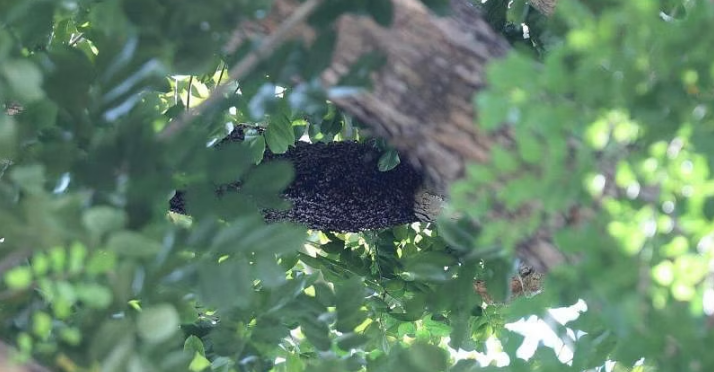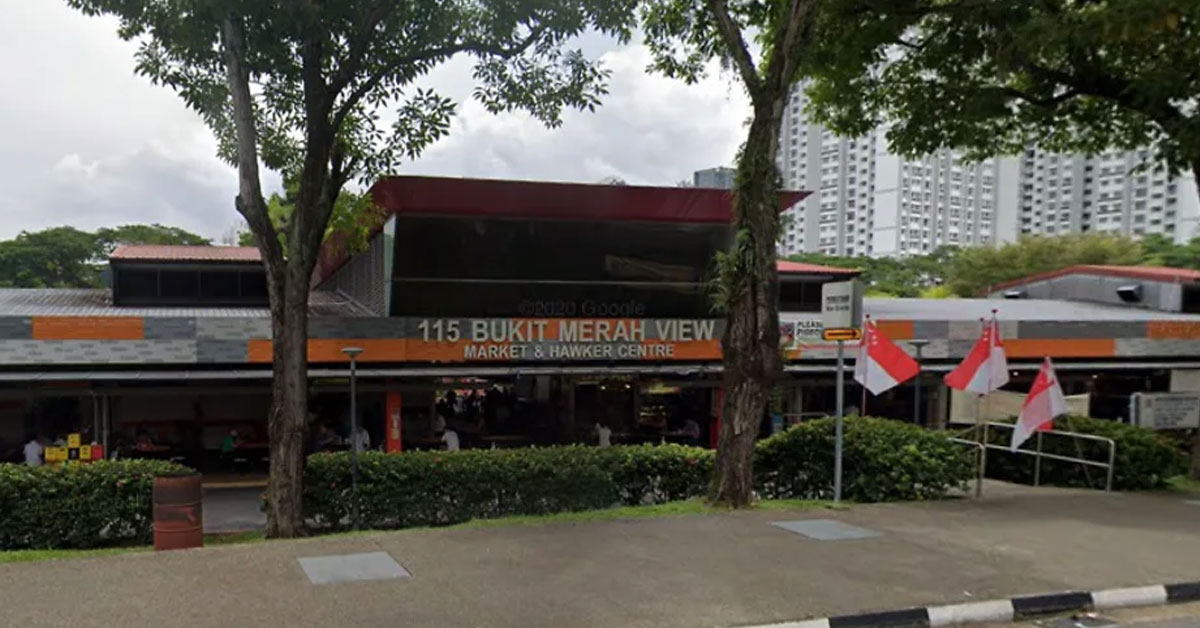Bee Swarm Attack at Lagoon View Condo: Residents and Guards Hospitalised
Lagoon View, a picturesque apartment complex in Marine Parade, recently witnessed a not-so-sweet incident involving its bee inhabitants.
Ordinarily, bees are known for their calm demeanour and tend not to disturb humans unless provoked.
However, when agitated, these small creatures can become quite traumatic, unleashing their fury unexpectedly.
This was precisely what happened on 14 Dec at Lagoon View.
The exact cause of the disturbance to the beehive remains unclear, but a whole colony of bees emerged on that Thursday night, attacking a married couple and two security guards.
The bees, reportedly nesting in the security guard office, indiscriminately stung anyone in sight.
All victims were subsequently rushed to the hospital following the attack.
Leong Mingrui, a 35-year-old resident (name transliterated from Chinese), became aware of the incident only upon hearing the ambulance arrive at his condo.
Just when residents thought the ordeal had ended, the bee colony reappeared the following morning, stinging another security guard.
Despite efforts by the condominium’s management team to locate the hive, their attempts were hindered by the darkness of the night, which unfortunately allowed the bees another opportunity to attack the next morning.
According to a Lianhe Zaobao interview with Leong, one of the security guards was stung severely, resulting in a swollen face that rendered him almost unrecognisable.
The aftermath of this ordeal was evident in the security guard office, littered with bee carcasses, some still twitching in their final moments.
The thought of being swarmed by thousands of bees, helpless against their stings, is indeed a horrifying prospect.
The question then arises: what caused the bees’ sudden demise?
Yusof, a cleaner at the condominium (name transliterated from Chinese), claimed to have seen between 300 to 400 bees.
Without much thought, he resorted to using pesticide on the bees, which proved to be highly effective.
Subsequently, he was asked to eliminate the bees again but found none, leaving the pesticide with the security guards for self-defense.
So, what triggered this massive bee attack?
Could the plants and flowers cultivated by the residents have played a role?
Jenny, a 71-year-old retiree, mentioned that her residence had long been troubled by bees building nests in flower pots and furniture.
When she used insecticide on them, the situation significantly improved.
WTG Pest Control, a pest control company with a 4.9-star Google rating, discovered the beehive’s location – in a large tree at the apartment entrance, across two lanes from the security room.
The elongated beehive, wrapped around the tree trunk, was situated about six metres above the ground and was not easily visible.
Based on the beehive’s shape, the bees that attacked the security personnel were likely Giant Honey Bees, locally known as “Malayan Honey Bees.”
These bees, typically found in forests or densely planted parks, occasionally stray into urban areas.
Or sometimes, they might lurk at your laundry pole.
Giant Honey Bees actively forage after dusk and are often attracted to artificial light sources, such as those in the dimly lit security guard office at night, according to National Parks Board.
The bees were believed to have attacked due to external disturbances to their nest.
The pest control company planned to remove the beehive on 15 Dec, with the residents’ and workers’ health in the area being the top priority.
Zheng Guangzhe, the head of WTG Pest Control with over 20 years of experience, shared crucial advice in an interview with Lianhe Zaobao for such situations: stay away from bees, avoid deliberately disturbing them, and do not get too close.



